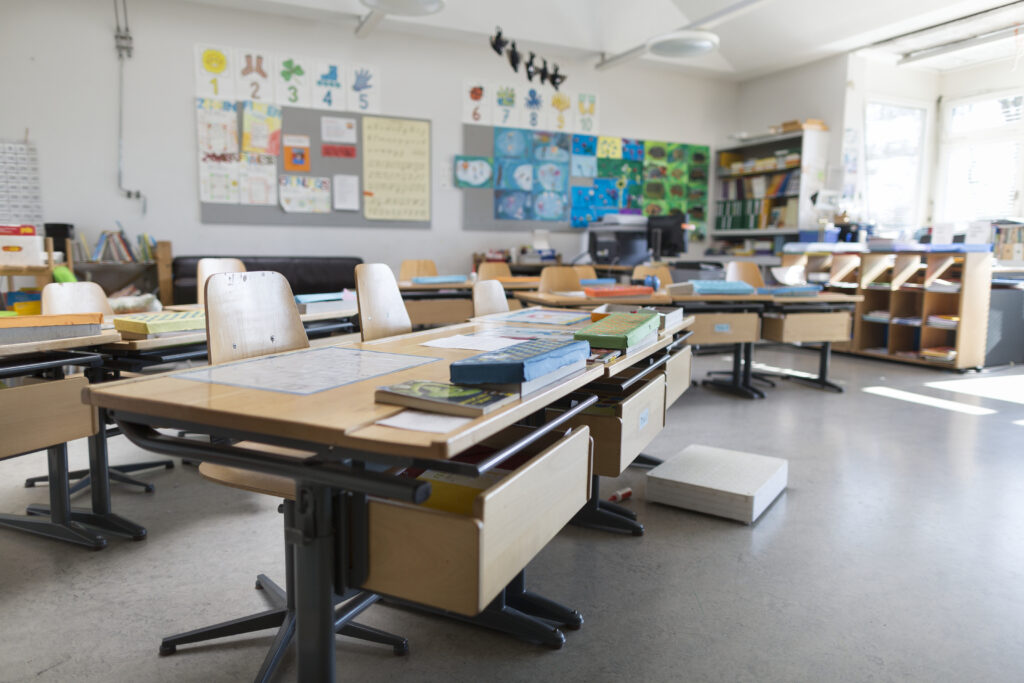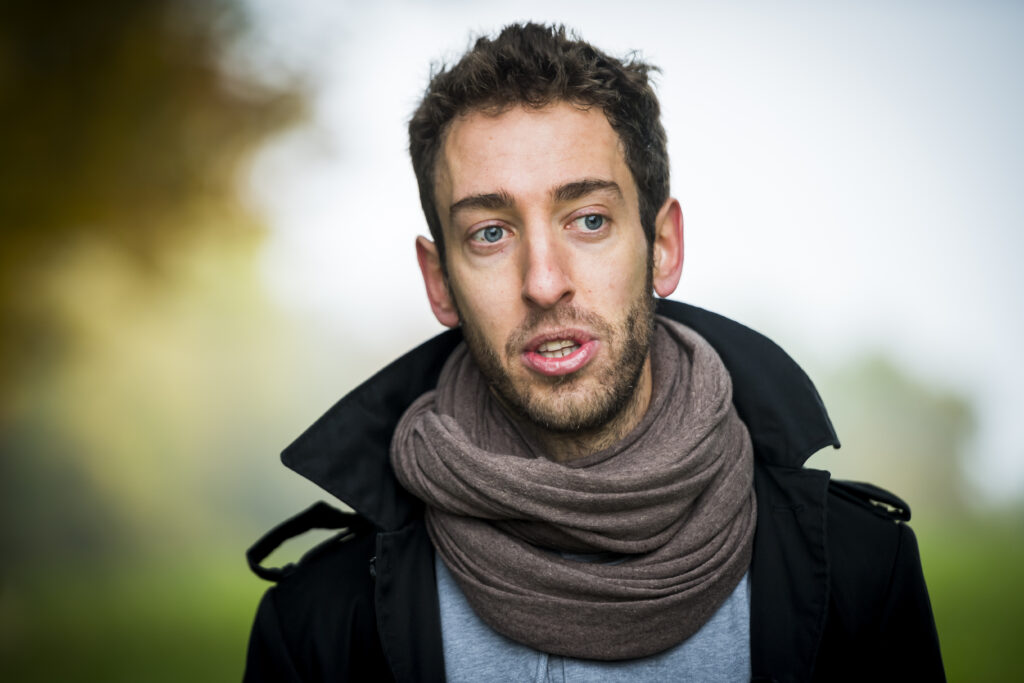Wed, Mar 15th 2023

Green politician and lawyer David Raedler says his education in canton Vaud did not adequately prepare him for life in his home country, which is why he has filed a declaration in the cantonal government on why Swiss-German should be taught in Swiss-French schools.
Switzerland’s melting pot of languages has long been a source of pride, but for some it creates confusion. The four official languages of Switzerland are German, French, Italian and Romansch. Although Swiss-German, or Schweizerdeutsch, is what is spoken everyday throughout most of Switzerland, it has never been recognized as an official language in Switzerland. About 87% of people living in German-speaking Switzerland use Swiss-German daily, according to government data. Dialects of Swiss-German can vary wildly from region to region.
Swiss-German speaking children in the Swiss public school system are expected to speak “Standard German” (the dialect spoken in Germany) in the classroom, although Swiss-German is what is spoken nearly everywhere else. All Swiss students are taught one of the other official Swiss languages in school. In general, Swiss-German speakers learn French and French speakers learn Standard German.

Raedler says that his understanding of Standard German helped him in the classroom when he moved to Bern for his third year of law school, but his lack of Swiss-German also handicapped him.
“In the lecture hall, the professors spoke Standard German. Then I understood everything. It got more complicated when I came out of the lecture hall with my colleagues,” Raedler said in an interview with local newspaper Tages-Anzeiger.
Raedler said he felt so “left out” of the student culture that he began taking courses in Swiss-German. Although he lives in Lausanne today and practices data protection law, he has clients from Zurich, Basel and Bern.
“And they like to speak in their mother tongue,” Raedler says, which is the foundation of his argument.
“According to estimates, 63% of all business contacts in this country are in Swiss-German,” Raedler argues. Giving French-speaking students courses in the dialect would help them greatly on the Swiss job market, he says.
That said, Raedler expects his battle to be an uphill one amongst his French-speaking neighbors. He says from both the cantonal council and the public he has received criticism as well as support for the initiative. Support or disdain does not appear to be tied to any political party or tradition, Raedler notes.
This article may be freely shared and re-printed, provided that it prominently links back to the original article.
